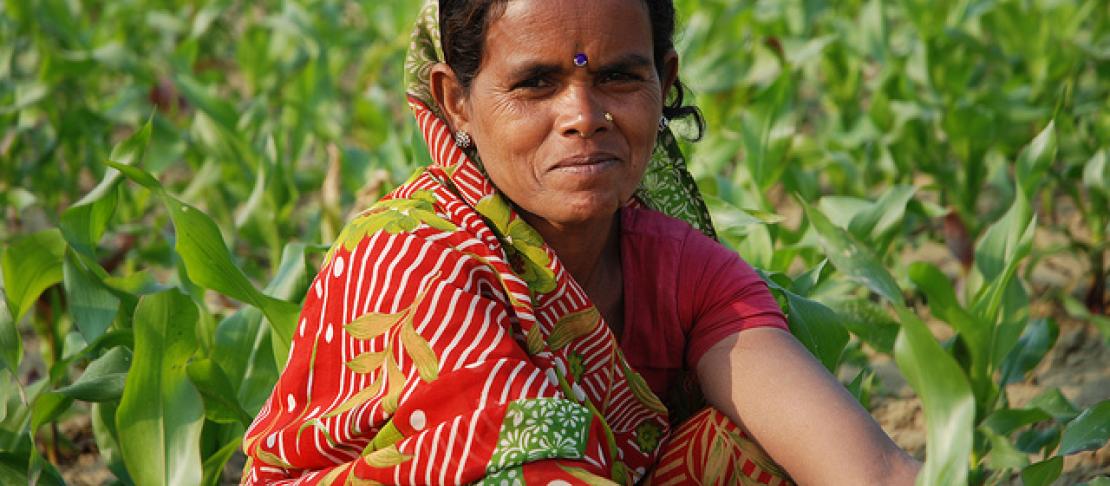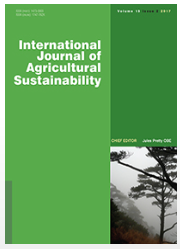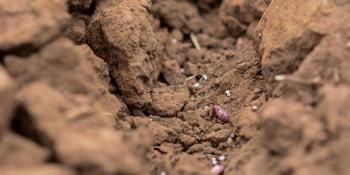Gender-equitable fertilizer use would benefit development and climate change mitigation

Gender-equitable strategies for achieving balanced use of fertilizers are likely to increase food security and attain macro-level reductions in greenhouse gas emissions.
A new article examines gender-equity implications for different levels of inorganic nitrogen fertilizer use. Case studies from India and sub-Saharan Africa show that women and children are most vulnerable to negative externalities from imbalanced nitrogen fertilizer use and point to the need for women to be included in on-farm decision-making around fertilizer purchase and application.
To increase crop production in a sustainable manner, judicious use of fertilizers is recommended, along with a combination of other agronomic practices. (See also Fertilizers and low emission development in sub-Saharan Africa.). An article, published in March 2017, finds that because women have unequal access to both financial and knowledge resources, women tend to use less fertilizer.
Lower nitrogen use can decrease crop yields, and when yields are low, researchers found that women may also decline food to ensure that young children or other family members eat more nutritious food.
In regions experiencing a feminization of agriculture, for example as men migrate or become involved in more profitable occupations, women are gaining more decision-making power. However, these households may also become more susceptible to shocks due to women’s relatively poor access to land, credit, inputs, agricultural technologies, machinery, and advising services, as well as due to weaker human and social capital, and decreased availability of male labor.
The authors call for gender awareness in research studies and rural advisory services in order to reach and empower women to increase food production and therefore food security. They call for services that would provide women with information on how best to mitigate and adapt to a changing climate.
We suggest that gender-equitable strategies for achieving more balanced use of N will increase the likelihood of attaining macro-level reductions in GHG emissions provided that they secure equity in intra-household decision-making and address food security,” the authors said.
Read the article: Farnworth CR, Stirling C, Sapkota TB, Jat ML, Misiko M, Attwood S. 2017. Gender and inorganic nitrogen: what are the implications of moving towards a more balanced use of nitrogen fertilizer in the tropics? International Journal of Agricultural Sustainability 15(2):136-152.
Read a Reuters piece about the article: Mollins J. Obstacles to gender-smart fertilizer use hurt livelihoods, scientists say. Reuters Climate Change News. 23 March 2017.
Sadie Shelton is a student assistant and Julianna White is a program manager for the CCAFS Low Emissions Development flagship, based at the University of Vermont.




